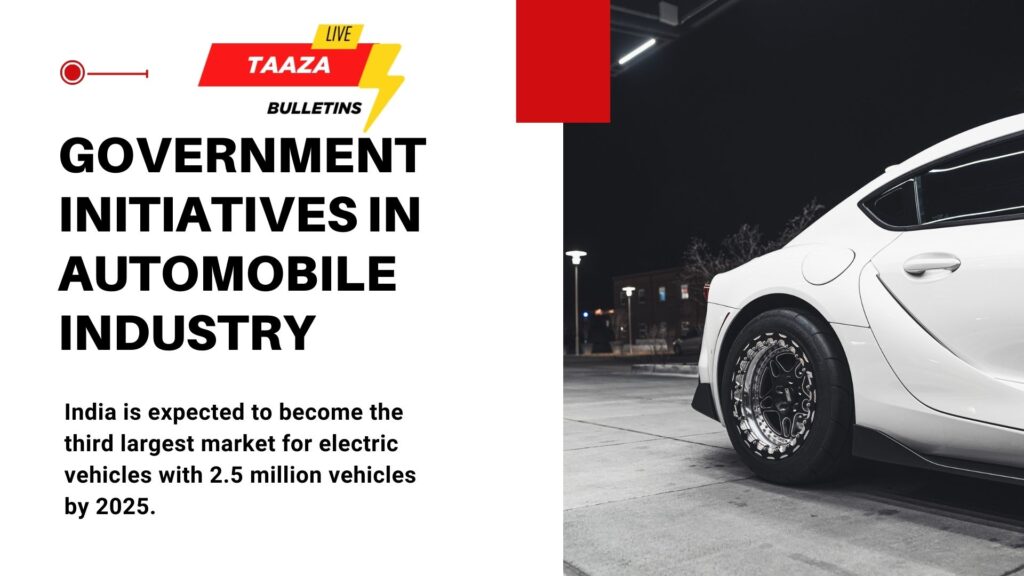Empowering the Marginalized: Rahul Gandhi’s Vision for OBC and EBC Justice in North India
Table of Contents
In a powerful call to action, Congress leader Rahul Gandhi has pledged to champion the cause of Other Backward Classes (OBCs) and Extremely Backward Classes (EBCs), particularly in Bihar and North India, where social justice remains a pressing issue. Speaking at a recent meeting with leaders of the Vishwakarma community at his New Delhi residence, Gandhi, the Leader of Opposition in the Lok Sabha, outlined a bold vision to reshape India’s power structures. His message was clear: the Congress party is committed to ensuring that OBCs, EBCs, Dalits, and tribals gain not just representation but real power proportional to their population. At the heart of this mission lies a nationwide caste census—a tool Gandhi describes as essential for exposing societal inequities and paving the way for meaningful change. Let’s explore how his promises aim to transform the landscape for backward communities and why this matters for India’s future.
A Fight for True Power, Not Just Representation
Rahul Gandhi’s meeting with the Vishwakarma community was more than a routine political outreach—it was a heartfelt commitment to address the deep-rooted exclusion faced by backward communities. “When I see injustice being done to backward and very backward communities, I don’t like it,” Gandhi said, his words resonating with a sense of urgency. He emphasized that having a few MLAs from these communities isn’t enough. “You are fighting for representation and not for power. You should fight for power,” he urged, challenging the status quo where OBCs, EBCs, Dalits, and tribals remain underrepresented in key sectors like bureaucracy, media, corporate India, the higher judiciary, and even the armed forces’ top ranks. His vision is to hand over the reins of the Congress party itself to these communities, empowering them to lead and shape the nation’s future.
The Caste Census: A Social X-Ray for Change
Central to Gandhi’s plan is his relentless push for a nationwide caste census, which he calls a “social X-ray” to reveal the true extent of inequality in India. “The solution to your problems is a caste census, and the day it is done, your community will realize that they do not have a share according to their population,” he told the Vishwakarma leaders. By highlighting stark disparities—like the fact that only three out of 90 central government secretaries are OBCs, handling just 5% of India’s budget—Gandhi argues that a caste census is not just about counting people but about understanding who holds power and wealth. This data, he believes, will lay the foundation for policies that ensure fair representation, participation, and stakeholding for marginalized groups. The success of Bihar’s caste survey, which revealed that OBCs, EBCs, SCs, and STs make up 84% of the state’s population, underscores the urgency of replicating this model nationwide.
Strengthening Roots Against Resistance
Gandhi didn’t shy away from pointing fingers at the BJP-RSS combine, accusing them of weakening the historical and cultural roots of backward communities. “My endeavor is that in Bihar and North India, the extremely backward should get respect and their history should be respected,” he said. He sees the Congress as a counterforce to this agenda, committed to uplifting OBCs and EBCs by amplifying their voices and preserving their heritage. In Bihar, where caste dynamics heavily influence politics, Gandhi’s focus on respect and dignity for these communities could shift the narrative, especially as the state gears up for its 2025 Assembly elections. His promise to strengthen the “original roots” of EBCs signals a deeper cultural mission alongside political empowerment.
Transforming the Congress from Within
Gandhi’s vision isn’t just about external change—it starts within the Congress party itself. He highlighted steps already taken, like appointing two-thirds of district presidents in Bihar from OBC, EBC, Dalit, and minority communities, a stark contrast to the earlier dominance of upper-caste leaders. “We have done this at the district level in Gujarat and will continue to do it state by state,” he assured, signaling a structural overhaul to make the party a true representative of India’s diverse population. By forming an OBC Advisory Committee or Council at the national level, Gandhi aims to institutionalize this shift, ensuring that backward communities have a direct say in the party’s policies and strategies. This internal transformation is a bold move to reclaim the Congress’s legacy as a champion of social justice.
A United Voice for Lasting Change
Drawing inspiration from the Congress’s role in India’s freedom struggle, Gandhi emphasized the need for a “united strong voice” to achieve meaningful progress. “Mere representation is not enough,” he told the Vishwakarma leaders, urging them to build a collective movement backed by their communities. He shared their concerns—loss of traditional employment, lack of representation, and systemic humiliation—and promised that the Congress would stand shoulder-to-shoulder with them. By fostering leaders from within these communities and ensuring their voices are heard, Gandhi envisions a “chain of change” that will ripple across society, breaking the monopoly of a select few over India’s power structures.
Why This Matters for India’s Future
Rahul Gandhi’s pledge to empower OBCs, EBCs, Dalits, and tribals is more than a political promise—it’s a call to reshape India’s social and economic landscape. In states like Bihar, where 63% of the population belongs to OBCs and EBCs, and across North India, where backward communities form a significant majority, this focus could redefine electoral and social dynamics. The caste census, backed by policies to remove the 50% reservation cap and extend quotas to private institutions, aims to address systemic inequities head-on. As Gandhi pushes for a new development paradigm rooted in fairness, his vision challenges India to confront uncomfortable truths about power and privilege, paving the way for a more inclusive future.
A Leader’s Resolve to Bridge the Divide
Gandhi’s meeting with the Vishwakarma community wasn’t just about promises—it was about instilling courage and hope. By reiterating his commitment to support backward communities in their fight for respect and equality, he’s positioning the Congress as a party that doesn’t just talk about change but acts on it. His call for a caste census, coupled with internal party reforms and a focus on empowering marginalized groups, signals a bold shift toward inclusive leadership. As India watches, Gandhi’s efforts could spark a movement that not only uplifts OBCs and EBCs but also redefines what power and representation mean in a diverse nation.
Disclaimer: The information in this blog is based on publicly available statements and reports from Rahul Gandhi and the Congress party.




